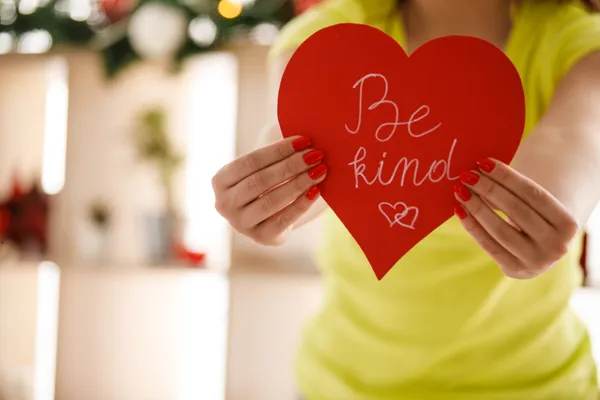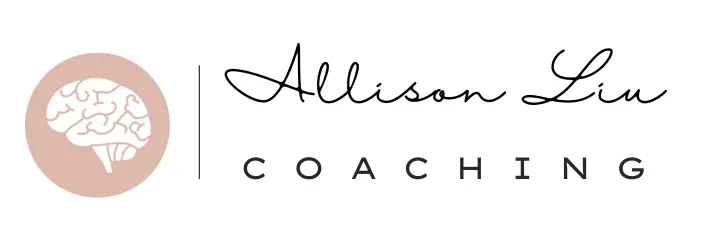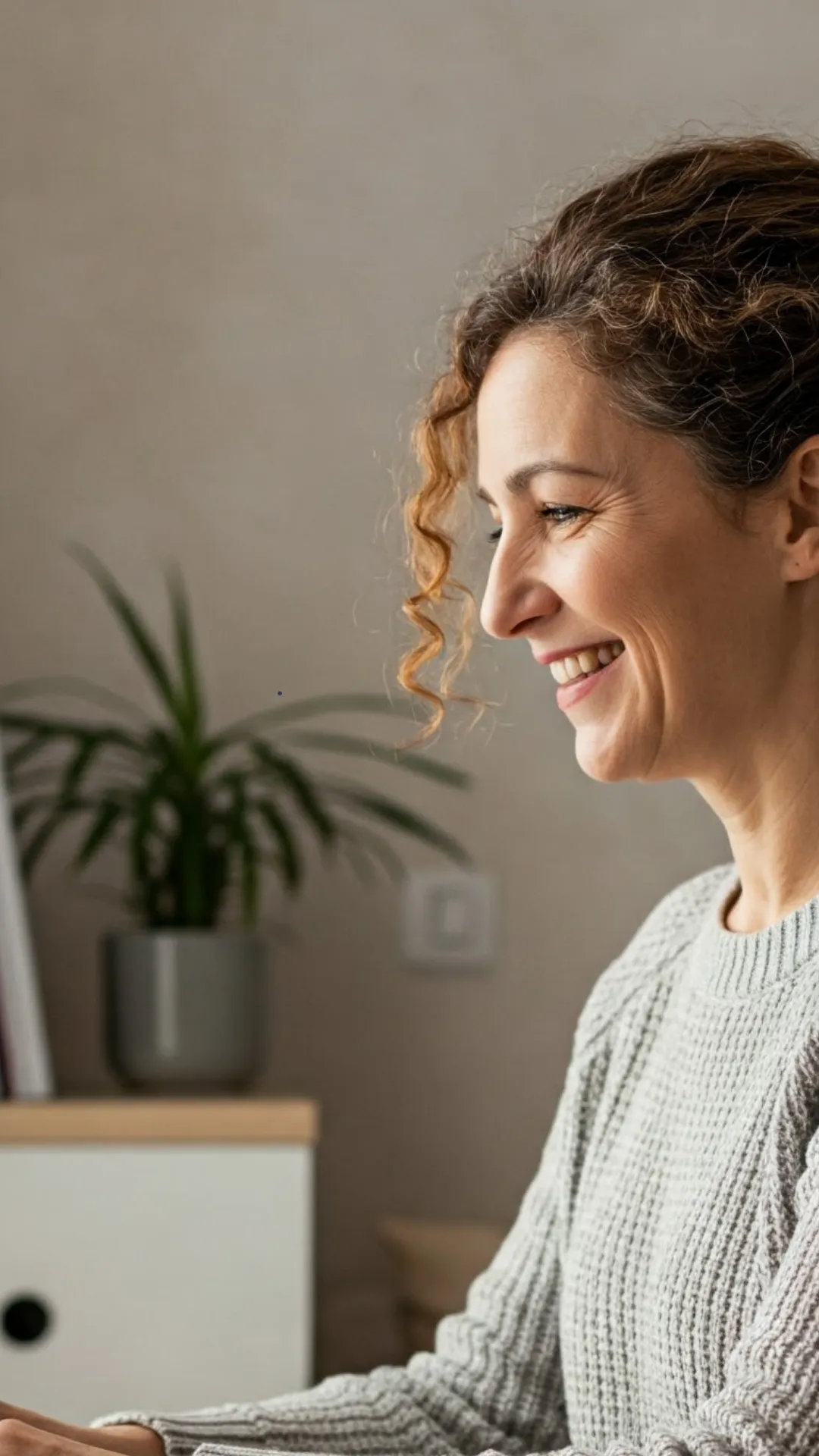
Why Kindness Is Contagious (And How It Rewires Your Brain for Joy)
"Performing acts of kindness leads us to see others in a better light … creates a stronger sense of community … and jump‑starts a cascade of positive social consequences." Dr Sonja Lyubomirsky,author of The How of Happiness.
Every one of us has had a moment when someone’s small kindness made the day feel a little brighter. A neighbour offers to help. A friend sends a message. A stranger lets you go first.
Kindness doesn’t just make life more pleasant. It has a measurable effect on your brain, shaping your mood, your focus, and even your resilience. Once you understand the science behind it, you start to see kindness as something far more powerful:
It’s one of the simplest, most reliable tools you have for supporting your mental wellbeing
Kindness isn’t just “nice to have.” It’s a daily mental health strategy.
This article explores why kindness spreads so quickly and how small, intentional actions can help rewire your brain for greater calm, clarity, and joy.
The Neuroscience of Kindness (Made Simple)
When you do something kind, or even witness kindness, your brain responds instantly.
It releases three happiness chemicals that work together to lift your mood and mental wellbeing:
Oxytocin, which helps you feel safer and more connected
Dopamine, which gives you that warm “helper’s high”
Serotonin, which helps stabilise your mood
These aren’t abstract ideas. They directly influence how you think, how you feel, and how well you handle stress. Kindness also activates the brain’s reward circuits, the same areas involved when you experience achievement, purpose, or progress.
In other words: your brain recognises kindness as something valuable and rewarding, so it encourages you to repeat it.
But there’s another fascinating piece of the puzzle: mirror neurons.
These are brain cells that fire not only when you do something, but also when you see someone else do it. They were originally discovered by scientists studying movement, but later research showed they also respond to emotional and social behaviour - including kindness.
That’s why you feel a lift when you witness someone else being thoughtful or compassionate.
Your brain is essentially saying, “This matters. This is good. Pay attention.”
Mirror neurons help you “feel” the emotional impact of what you see, which is one of the reasons kindness spreads so easily. When you witness someone being kind, your own brain shifts into a similar state and you’re more likely to pass that positivity on.
It’s a remarkable built-in mechanism that makes kindness contagious.
Why Kindness Is So Powerful for Your Mental Health
Kindness plays a powerful role in supporting mental wellbeing because it gives the brain exactly what it needs, especially during times of stress: connection, stability, and a sense of purpose.
When you experience or offer kindness, your stress response naturally begins to settle. The brain’s threat-detection system quietens, helping you think more clearly instead of getting caught in reactive or anxious patterns. At the same time, kindness strengthens the areas of the brain involved in emotional regulation and empathy - regions that help you respond to challenges with steadiness rather than overwhelm.
It also boosts one of the strongest protective factors for long-term mental health: meaningful social connection. Whether you are giving kindness or receiving it, your brain interprets that moment as a signal that you are supported, valued, and not alone. This sense of connection has a calming effect on the nervous system and helps build resilience against stress, low mood, and burnout.
Another important benefit is that kindness can interrupt unhelpful thought loops. When you’re caught in negative thinking, offering even a small act of kindness shifts your attention outward, toward something constructive and grounded. That change of focus can bring relief and perspective, especially on difficult days. Kindness is not about pretending everything is okay - it’s about creating moments that help you feel centred, capable, and more connected to yourself and others.
Practical Ways to Bring More Kindness Into Your Life
Kindness doesn’t require a big personality shift or a grand gesture. It’s most effective when it’s woven into your everyday choices - consistent, simple, and genuine.
Here are some practical ways to begin:
1. Start With Small, Deliberate Actions
Hold the door. Ask someone how they’re doing and stay present for the answer. Send a short message of encouragement.
These small decisions build momentum and give your brain quick wins.
2. Build a kindness cue into your routine
Attach one act of kindness to something you already do: when you boil the kettle, finish a meeting, or have your breakfast.
It removes pressure and turns kindness into a natural habit, not another task.
3. Use kindness strategically during stress
In tough moments, kindness doesn’t mean giving in. It means choosing a response that protects your wellbeing - taking a breath, softening your tone, or giving someone the benefit of the doubt when it’s reasonable to do so.
4. Don’t forget self-kindness
Self-kindness isn’t indulgent - it’s essential. Think of the guidance you hear on every flight: put your own oxygen mask on first before helping anyone else. The reason is simple. You can only support others effectively when you have enough capacity, clarity, and stability yourself. The same principle applies to your mental health.
When you catch yourself being self-critical, pause and redirect your thoughts as you would with someone you respect. Your brain responds to this shift more powerfully than you might expect.
How Kindness Rewires Your Brain Over Time
Your brain constantly adapts. Every act of kindness strengthens the pathways associated with empathy, emotional stability, and positive thinking.
Think of it like strengthening a muscle.
The more often you use it, the more natural it becomes.
Eventually, kindness stops being a conscious “effort” and becomes part of how you operate - something that supports your own wellbeing as much as anyone else’s.
Final Thoughts
Kindness is not soft - it is strength in action. It’s a tool that helps you feel calmer, more capable, and more connected to the people and world around you. Every small act, toward yourself or someone else, is a signal to your brain that good things exist, that hope exists, and that you can help make them real.
In short, kindness is contagious - and when you choose to be part of that ripple, you are rewiring your brain for joy, one small action at a time.
Feeling Foggy? You Have More Power Over Your Brain Than You Think.
Imagine moving from foggy and confused to clear and confident. It's absolutely possible! In Sharp Minds you’ll work with expert coaching and a compassionate community that turns small, consistent steps into real, lasting transformation - not just for your brain, but for the people you love. This is practical, science-backed change that empowers you to protect and sharpen your mind for life.






